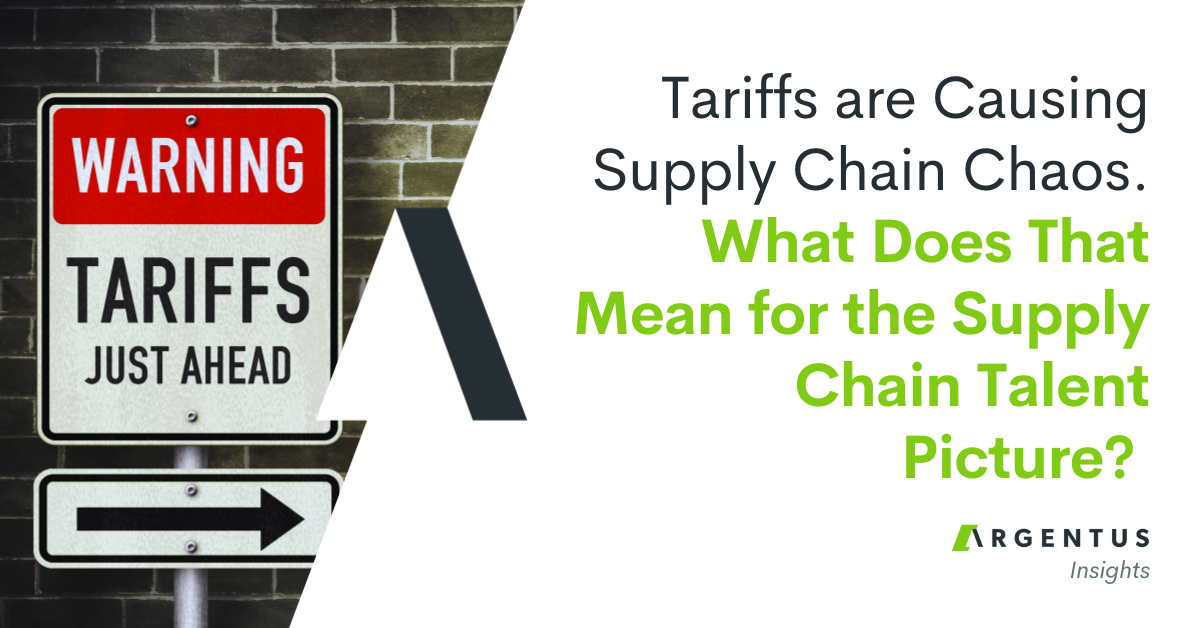While most recruiters are well-meaning, there are still many commonly-used tactics that give all of us a bad name. Here are some of the most common red flags to look out for, as well as our tips for how to make sure you’re working with the right recruitment agency.
Anyone who has dealt with a recruitment agency knows that not all recruiters are created equal. This goes for companies looking to hire, as well as candidates looking for their next great opportunity. When you reach out to a recruiter, you’ll sometimes find a mixed bag. The recruitment industry is full of professionals who strive to hone their craft and forge long-lasting relationships. Unfortunately, it’s also full of fly-by-night outfits, and recruiters who promise the moon but don’t necessarily have the network, capability or experience to deliver.
The fact is, anyone can hang up their shingle and start a recruitment agency. It’s still not a regulated profession (although new licensing requirements are arriving in Ontario in the new year). Anyone can say they’re an expert in a certain vertical. All that clients and candidates can rely on is the recruiters’ history, reputation in the marketplace, and results. That’s what we aim to highlight at Argentus, where we’ve been recruiting for over 20 years completely within the supply chain management and procurement functions.
Today, we wanted to write a post outlining some of the most common bad behaviours you’ll see from some less scrupulous recruitment agencies. If you’ve worked with a recruitment agency before, some of these may be familiar. And if your recruiter does any of these, they’re a red flag that you may be dealing with one of these fly-by-night outfits. We’re also going to provide some tips for how to avoid these agencies and make sure that you’re getting the most out of an agency recruiter relationship.
So without further adieu, here are some of the biggest red flags:
Biggest bad behaviours when dealing with candidates:
1. Charging candidates money to work with them.
For many years, the business model for recruitment agencies has remained fundamentally unchanged: the client (a company looking to hire) takes on an agency, who charges the client a commission fee upon successful placement, which is typically calculated based on a percentage on top of the candidate’s first year compensation. If an agency is asking you to pay money as a candidate, it’s a sign that something is horribly wrong, and may be a scam. If candidates are keeping an agency afloat, it means that clients aren’t.
2. The resume black hole.
As a recruitment agency, our aim is to reply to every candidate who applies with us, even if they have no experience in our specialty of supply chain management and procurement. That doesn’t mean a few candidates don’t slip through the cracks. But we try our best. And many agencies do as well. But there are too many recruiters who collect resumes using automated systems, only to tell their clients how large their database is, without ever making the effort of forging connections with candidates—and often, without even reading your resume. We call this the resume black hole, and it’s best avoided.
3. Posting jobs that don’t exist.
Believe it or not, this happens all the time. An agency will post a job that doesn’t actually exist, only to build their database of resumes, or have resumes on file to approach a company with. The best practice is to only solicit resumes once you have an engaged client ready to hire, not before.
4. Submitting you for jobs without your knowledge or permission.
Every recruiter loves to make a placement, and the faster we do it the better. But to get results, you really can’t cut corners, and this is a corner that gets cut all too often. Sometimes, a recruiter will submit you for a role without getting your consent. Forget about the fact that this is a major privacy violation—it also makes for a bad candidate experience, even if you do end up interested in the role.
Biggest bad behaviours when dealing with clients:
5. Pretending to be engaged with your company.
Some less-than-ethical recruiters will gather resumes for a role, saying that they’re engaged with a company, with the goal of presenting those candidates to the company to get the job. An agency recruiter is your representative in the marketplace. And this kind of misrepresentation is a major red flag. By all means, an agency should have a base of qualified candidates before they reach out to you. But this talent pool should be based on their relationships and past success, not misrepresentation.
6. Pretending to be a specialist when they’re not.
When a job sector has lots of activity—as supply chain and procurement do—many recruitment agencies, especially the big players, will just say that they’re a specialist in that sector, or that they have a specialized desk dedicated to it. It’s their way of dipping the toe in the water and capitalizing on a hot area. In our humble opinion, it’s better to work with an agency who has been specialized in that area all along—and who has the results to show for it.
7. A lack of honesty about results.
Often, recruiters will fail to be honest with a client when they fail to get results. If they’ve been engaged on a search for weeks, or months, and haven’t produced the right candidates, you should ask why. Same goes for if you make an offer to a candidate and the recruiter can’t get it past the finish line. The recruiter shouldn’t hem and haw. They should be transparent about why you aren’t seeing the right candidates, or why you aren’t closing the hire. Some of the biggest value that recruiters provide is in the market intelligence we give our clients. Sometimes, you aren’t seeing candidates because of requirements that may be limiting your talent pool without you realizing it. When you ask your recruiter for a frank discussion about why you’re not getting results, you should get valuable market intel—not a brush off.
8. Adopting a passive approach.
Anyone can post on a job board. We post our jobs on our own candidates page, because it helps to have a flow of candidates coming in. But building real relationships in a specialized vertical takes time. Some recruiters take a hands-off approach to finding candidates. They’ll post many automated job postings, but won’t put in the legwork to find people who aren’t applying to job boards. They won’t reach out to candidates they’ve built established relationships with who may not be actively looking. You come to a recruitment agency for their network, and ability to dig into the nitty gritty to find people, not for their ability to post on a job board.
Tips for avoiding recruitment agencies with these behaviours:
If you run a Google Search for recruitment agencies, you’ll find a lot of slick websites promising a seamless experience for clients and candidates—ours included! So how can you identify the agencies that won’t have these issues?
If you reach out to a recruiter as a client, don’t be afraid to ask them for references. Ask them for examples of similar successful searches that they’ve done in the past. Look up how long the company has been active, and look up individual recruiters from the agency on LinkedIn and see how long they’ve been there. If it’s less than a year or two, it’s possible that you’ll run into these problems. How active is the agency? How many roles do they share similar to yours?
A little due diligence goes a long way. And it’s worth it. Because if you find the right recruiter, it’s tremendously valuable, both for your hiring and your career.




0 Comments